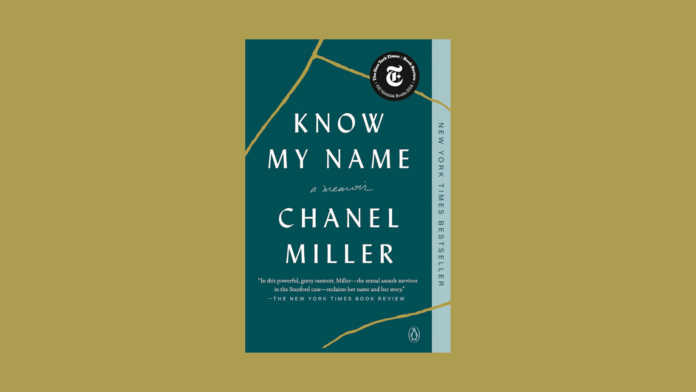Content Warning: This article contains mentions of sexual assault and gender-based violence.
After the United States Supreme Court overturned Roe v. Wade, the landmark decision that protected the right to have an abortion, abortion bans went into effect in 14 states. In nine of those 14 states, there are no exceptions for cases of rape, and in the rest of states, strict rules make getting an abortion extremely difficult.
On Jan. 24, 2024, the Journal of the American Medical Association, JAMA Internal Medicine, published a research letter that reports the number of women that were raped in those states since the bans have taken place. A total of 520,000 women were raped and at least 12 per cent of those cases resulted in pregnancy — which only reports the victims who sought abortions.
Abortion bans with rape exceptions require victims to file a police report to have access to an abortion.
“[Survivors] already had their reproductive autonomy compromised, and state policy is further getting in the way of them making decisions about their health-care,” said Dr. Kari White, one of the directors of the research published in JAMA.
Going through the criminal justice system as a rape victim includes having to tell and re-tell your story to different people while being constantly questioned about an already potentially traumatizing experience. Needing to go through this process to access an abortion is gnarly considering its implications on a victim’s mental health — re-telling a story and not being taken seriously, even blamed, is a remarkable exposure to further trauma and/or pain.
This brings us to the book Know my Name, a book less about sexual assault itself and more about how society, and especially the justice system, treats survivors. Chanel Miller is the victim of the 2015 Stanford sexual assault case. She’s the writer of Know My Name, a memoir where she reclaims her name and her story, published in 2019. She tells her experience from the assault to the trial and its aftermath.
Pertinently, this memoir focuses on how Miller’s experience with the criminal justice system was furtherly traumatizing, showcasing the difficulties in proving one’s rape even happened.
A memoir that illustrates the difficulties in pressing charges and getting justice, demonstrates how rape exceptions in place for abortion bans are not an acceptable offer of bodily autonomy because it places pressure on victims to go through the process of re-traumatizing.
Miller, under the pseudonym of Emily Doe, had to wait more than a year for her case to be on trial, which kept being pushed back. She had what many lawyers referred to as a “perfect” case, with many witnesses, medical evidence and DNA samples, things that not every victim of sexual assault has available when pressing charges.
Yet despite having evidence, she was still exhaustively questioned, blamed and dehumanized by the criminal justice system.
In a political climate where accessing abortion is progressively harder, we should care about the different so-called “solutions” that are offered. Rape exceptions aren’t a solution to the lack of bodily autonomy that abortion bans perpetuate.
I have always recommended this book because it continues to be pertinent even if it’s been five years since its publishing, justice for rape victims and the right to abortion have only taken steps back in the US.
Here in Fredericton, the last clinic that offered abortions, Clinic 554, closed due to a lack of funding from the government.
Related: The Legacy of Clinic 554
The reason why you should read this memoir is because this is an issue that doesn’t look like it will improve any time soon. When the criminal justice system is hard on rape victims, having rape exceptions as a humanistic approach to the social acceptance of an abortion ban is hypocritical.
Apart from its connection to many issues in our present political climate, Know My Name is beautifully written. Miller not only focuses on her suffering but also her growth: who she is as a person aside from anything that anyone has done to her. She talks about how she still appreciates people and life despite what happened to her, something that takes work and resilience.
Another way to connect with this memoir is by reading her victim impact statement, published and made viral by Buzzfeed News back in 2016. These words were directed at her aggressor and made victims all over the world identify themselves with the author.
Know My Name’s author connects her story to the span of her entire life, she includes some very wholesome stories, stories about her childhood, her and her sister, the aftermath of the trial and her inspiration to write this book as well. Signifying that something that happened to her wasn’t going to be the interesting thing about her life story.
This is a heavy read because of the matter at hand, but it’s also hard to put down or ignore. I will never regret listening to her full story. This book is worth your time.

